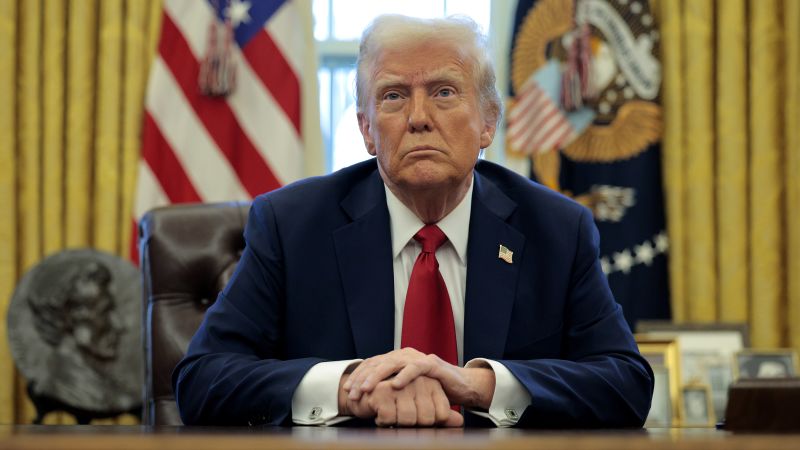Trade War Tensions: Trump Signals Economic Challenges Ahead for U.S. Consumers

In a candid admission that echoes warnings from economists, lawmakers, and even some of his former advisors, President Trump conceded that the recent aggressive tariffs imposed on Mexico, Canada, and China could ultimately burden American consumers. Just a day after implementing these substantial trade penalties, the president tacitly acknowledged the potential economic ripple effect that many experts have been cautioning about for months.
The stark reality is that trade tariffs, while often presented as a tool to protect domestic industries, frequently translate into higher prices for everyday Americans. By increasing the cost of imported goods, these tariffs can lead to increased expenses for consumers across various sectors, from electronics and clothing to agricultural products and industrial materials.
Despite previous assertions that these trade measures would primarily impact foreign economies, Trump's latest statement suggests a growing recognition of the complex economic consequences of his aggressive trade strategy. The admission marks a rare moment of alignment between the administration's rhetoric and the broader economic consensus.
As the trade tensions continue to simmer, consumers and businesses alike are watching closely, wondering how these tariffs will reshape the economic landscape and impact their daily lives.

